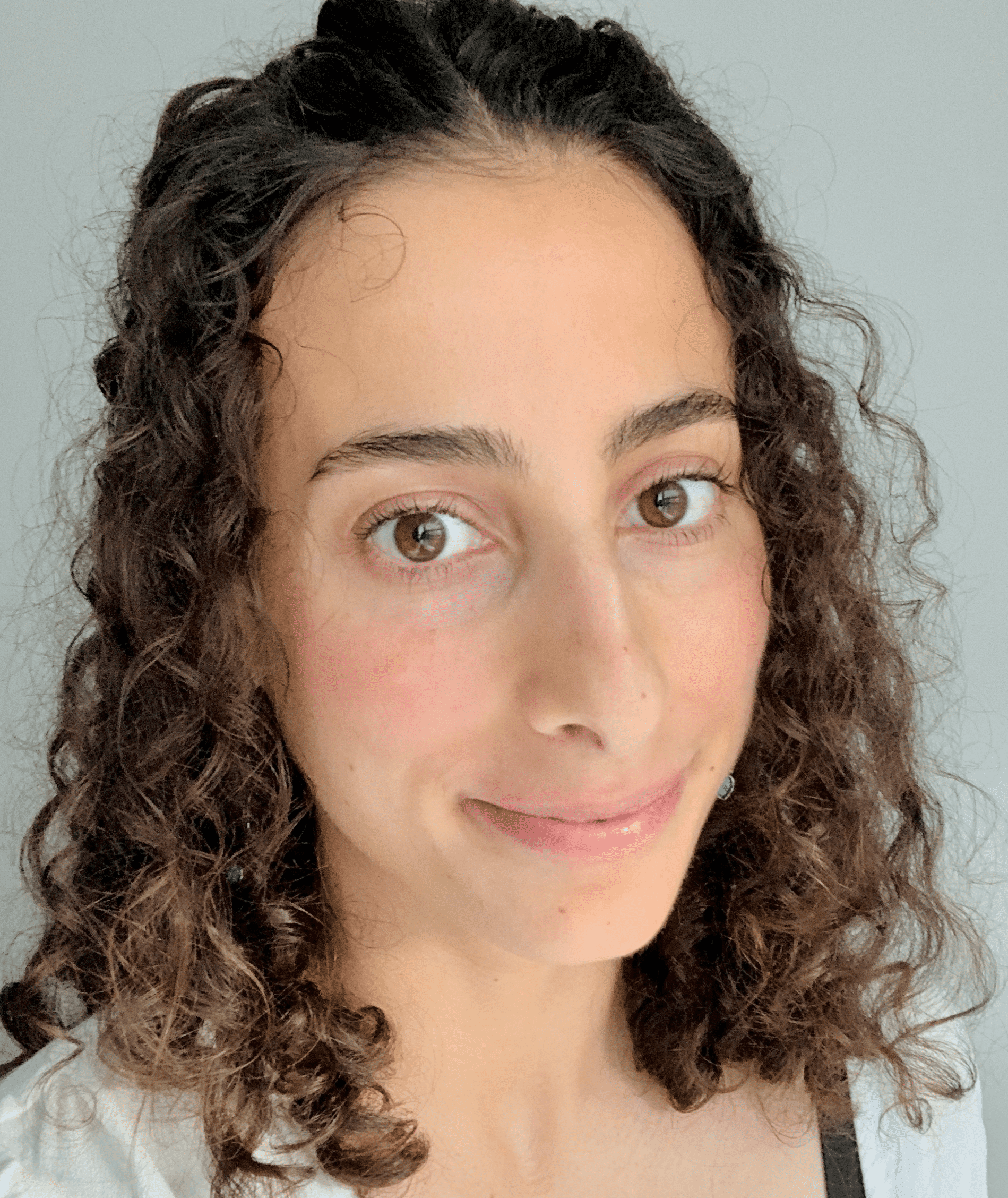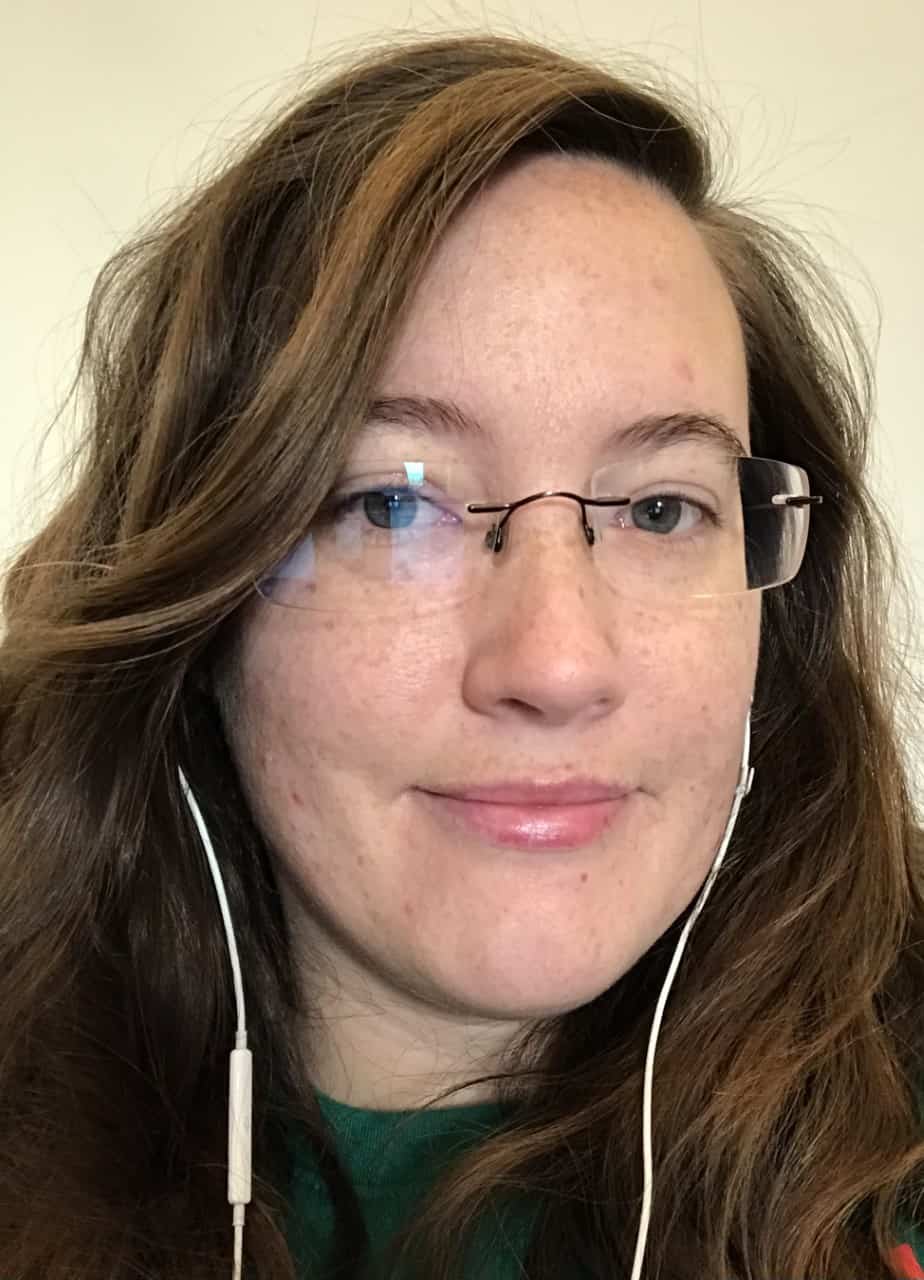On March 31st, EAPO is proud host our second ‘Master Class’, Engagement, Interventions and Promising Practices.
Register now and don’t miss this important learning opportunity to explore new programs and resources that can be adapted and implemented to address and respond to elder abuse in the community.
Experts speaker will share their knowledge and engage participants through interactive discussions and activities.
View and download Full Program
Agenda
| Time | Session |
|---|---|
| 9:30am | Welcome and introductions |
| 9:45-10:30am | JENNY MANCHESTER, Communications Manager, UK Campaign to End Loneliness Campaign to End Loneliness |
| 10:30–11:00 | LISA BRANCACCIO, Knowledge Broker for Age Friendly Communities Age-friendly communities as an approach to combat ageism |
| 11:00–11:15 | Movement Break |
| 11:15–11:45 | JENNIFER RAYNER, Director of Research and Evaluation with Alliance for Healthier Communities Prescribing Social Support and Connectedness |
| 11:45–12:00 | SARAH VERSTEEG, Programs Co-Developer/Research Consultant with Lonely No More & Connectedness Coaching Programs Empowering Individual and Community Resiliency and Engagement Through Older Adult Led Rural Initiatives |
| 12:00–12:25 | JIM CLOSS, Age Safe Canada, National Director The Kitchen Table Chat |
Speakers
Jenny Manchester, Communications Manager, UK Campaign to End Loneliness
The Campaign to End Loneliness believe that people of all ages need connections that matter. The Campaign to End Loneliness believes that nobody who wants company should be without it and they have been experts in the field of loneliness and connection since 2011, sharing research, evidence and knowledge with thousands of other organizations and the public to make a difference to older people’s lives. The Campaign’s Communications Manager, Jenny Manchester, has experience of managing communications for a wide variety of non-profit organisations including charities, local government and policy think-tanks. She led the Press Office at the Equal Opportunities Commission and managed high profile campaigns on gender inequalities. Since joining the Campaign, she has led the promotion of the Campaign’s work across its communications channels and is particularly interested in using communications to raise awareness of the impact and cost of chronic loneliness on society.
Lisa Brancaccio, Knowledge Broker for Age Friendly Communities
Lisa is a Knowledge Broker at the Centre for Studies in Aging and Health at Providence Care in Kingston, Ontario. In her role, Lisa facilitates the uptake of quality evidence through capacity building and tailored knowledge translation strategies that support healthy aging.
Lisa’s main portfolio is the Ontario Age-Friendly Communities Outreach Program where she supports a network of over 70 age-friendly communities and aligned stakeholders from across the province that are currently planning, implementing and/or evaluating their local age-friendly strategies. Through this work, Lisa and the Outreach Program Team apply a mixed-methods research approach to examine the environmental conditions, policy contexts and underlying socioeconomic characteristics that promote or impede healthy aging at local and provincial levels.
Lisa is passionate about inclusivity, supporting marginalized populations, and promoting community action for health equity and healthy public policy. Lisa holds a Master’s degree inLisa is a Knowledge Broker at the Centre for Studies in Aging and Health at Providence Care in Kingston, Ontario. In her role, Lisa facilitates the uptake of quality evidence through capacity building and tailored knowledge translation strategies that support healthy aging.
Lisa’s main portfolio is the Ontario Age-Friendly Communities Outreach Program where she supports a network of over 70 age-friendly communities and aligned stakeholders from across the province that are currently planning, implementing and/or evaluating their local age-friendly strategies. Through this work, Lisa and the Outreach Program Team apply a mixed-methods research approach to examine the environmental conditions, policy contexts and underlying socioeconomic characteristics that promote or impede healthy aging at local and provincial levels.
Lisa is passionate about inclusivity, supporting marginalized populations, and promoting community action for health equity and healthy public policy. Lisa holds a Master’s degree in Lisa is a Knowledge Broker at the Centre for Studies in Aging and Health at Providence Care in Kingston, Ontario. In her role, Lisa facilitates the uptake of quality evidence through capacity building and tailored knowledge translation strategies that support healthy aging.
Lisa’s main portfolio is the Ontario Age-Friendly Communities Outreach Program where she supports a network of over 70 age-friendly communities and aligned stakeholders from across the province that are currently planning, implementing and/or evaluating their local age-friendly strategies. Through this work, Lisa and the Outreach Program Team apply a mixed-methods research approach to examine the environmental conditions, policy contexts and underlying socioeconomic characteristics that promote or impede healthy aging at local and provincial levels.
Lisa is passionate about inclusivity, supporting marginalized populations, and promoting community action for health equity and healthy public policy. Lisa holds a Master’s degree in Public Health from Queen’s University
Age-Friendly Communities (AFCs) optimize opportunities for health and wellbeing by ensuring polices, planning, structures and services are accessible to and inclusive of people of all ages and abilities. The AFCs Framework examines the dimensions of community life that impact health and wellness i.e., a community’s physical environment (outdoor spaces and buildings, transportation, housing); social environment (opportunities for social participation, respect and social inclusion, civic participation and employment, communications and information); and health care (community supports and health services).
This presentation will discuss the AFC Framework and how it can play a role in preventing and responding to ageism. Examples will be shared of educational and intergenerational programs that AFC Initiatives in Ontario have implemented to promote respect and inclusion.
Jennifer Rayner, Director of Research and Evaluation with Alliance for Healthier Communities
Dr. Jennifer Rayner is the Director of Research and Evaluation at the Alliance for Healthier Communities, a network of 100+ community-governed, comprehensive primary health care organizations advancing health equity in Ontario. She received her PhD of Epidemiology and Biostatistics at Western and completed post-doctoral training at Ryerson University. She is an adjunct Research Professor at in the Centre for Studies in Family Medicine and University of Toronto in Family Medicine and with the Institute of Health Policy, Management and Evaluation. She has worked within the Community Health Centre sector for over 20 years and is interested in comprehensive primary health care, inter-professional teams and health equity.
Social prescribing is a holistic approach to healthcare. First coined as a term in the United Kingdom in the late 1990s, the practice uses the trusted process of receiving a prescription from a health provider to connect people to social and community supports. Social prescribing is a supported pathway that removes barriers for individuals and caregivers to access local, non-clinical services that help them to develop their interests, goals and gifts while connecting with their communities. Learn how social prescribing is working in Ontario to integrate social and support and care across the health system, and how it can be a tool to build support and connections needed to prevent elder abuse.
Sarah Versteeg
Sarah Versteeg MSc, is Program Coordinator of Lonely No More, Co-Developer of Connectedness Coaching and Sole Proprietor of Southwest Analytics. Sarah regularly partners with rural communities and organizations to develop, coordinate, evaluate and sustain community-based services, programs and research projects to address unmet needs and advance local, regional and national agendas. She also contributes to rural health research through her position at the University of Waterloo School of Pharmacy.
This interactive presentation will explore two successful, evidence-based rural initiatives that aim to provide voice to older adults and empower resilient communities, Lonely No More and Connectedness Coaching. Lonely No More is an effective virtual outreach model that empowers those who self-identify with the negative impacts of social isolation and is currently being used to serve rural older adults. It provides community members an opportunity to become active advocates for older adults in contexts of abuse, neglect, and isolation. The second initiative, Connectedness Coaching, was developed to empower community members to become engaged in community initiatives such as Lonely No More, enhance their skills to serve their community and provide them with tools to contribute to provincial and national initiatives such as social prescribing. Through appreciative inquiry and promoting meaningful engagement we can work together to provide space and voice to older adults we serve.
Age Safe Canada’s mission is to help seniors age in place. Jim has spent thirty years in seniors’ care and housing, accessible design, safe patient handling and falls prevention. Throughout his career he has been at the leading edge of new product development, commercialization, and education. He has held leadership roles within large organizations and has worked directly with building and operational management, healthcare professionals and families. He is as comfortable around a board room table as he is at a client’s kitchen table.
Throughout these roles it was always the need to educate the clients first, understanding their immediate wants without compromising their future needs. His ability to collaborate and work between those developing and making products and the persons ultimately benefiting has led to numerous success stories. These benefactors include the end-users, caregivers, and healthcare administrators.
Age Safe Canada is the culmination of a lifetime of experience.
All important matters in life are discussed around the kitchen table and the ideas around safety and care as we age are no different. With this thinking on mind, Jim Closs along with his colleagues at the Bay Area Health Trust, have brought the Age Safe Seniors Home Safety Specialist™ course to Canada as part of the broader picture of empowering professionals with actionable ways to better help educate clients, older adults, and their family members on the serious issues of home safety, fall prevention, financial exploitation, and personal safety.
We are seeing a population explosion in the older adult sector that is unprecedented in history. We also know that on average 90% of older Canadians want to Age in Place if given the choice. With that in mind, we will need an army of educated and compassionate advocates to assist them with dignity and integrity. Age Safe® Canada will help train and empower this army in ways to better understand the safety and emotional engagements required to ensure a lifetime of happiness.







